



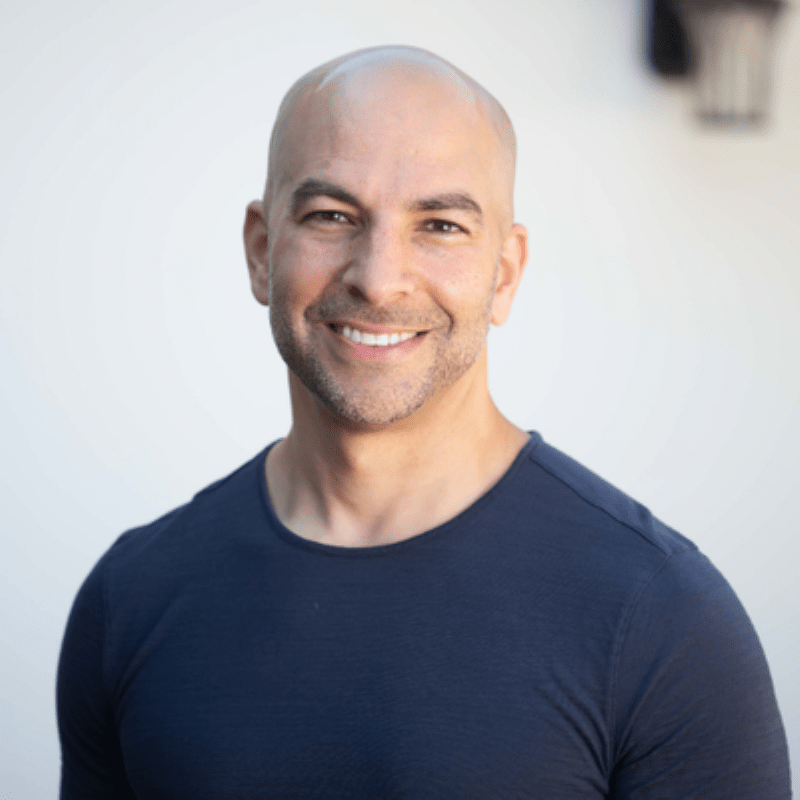
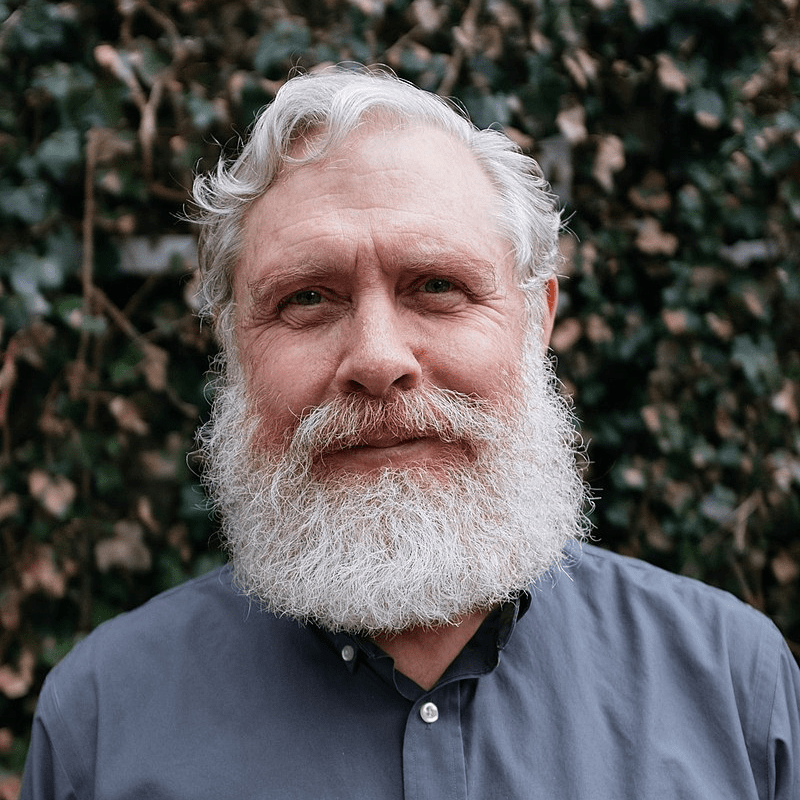
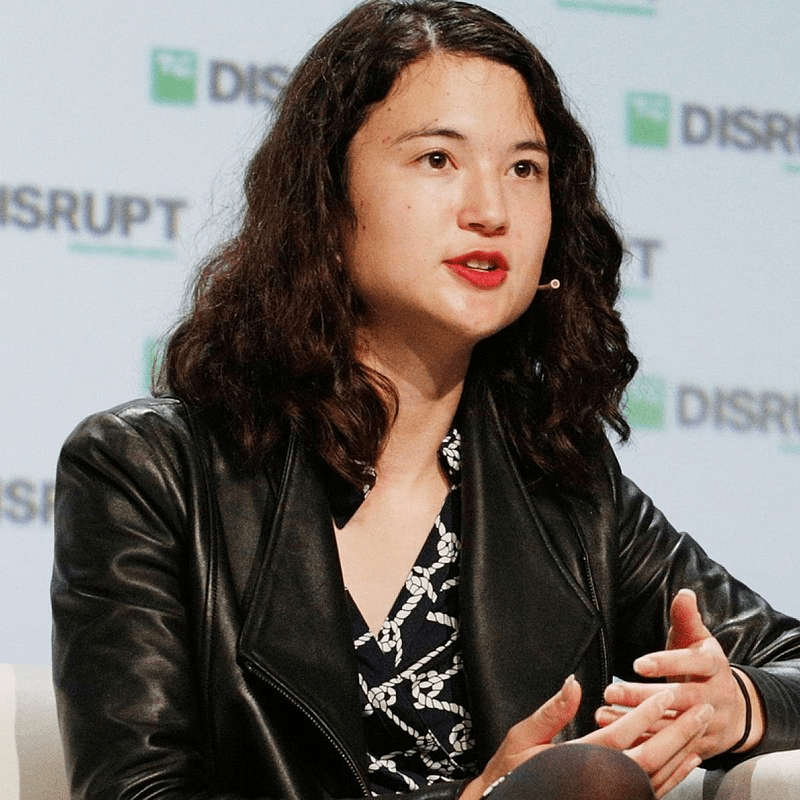
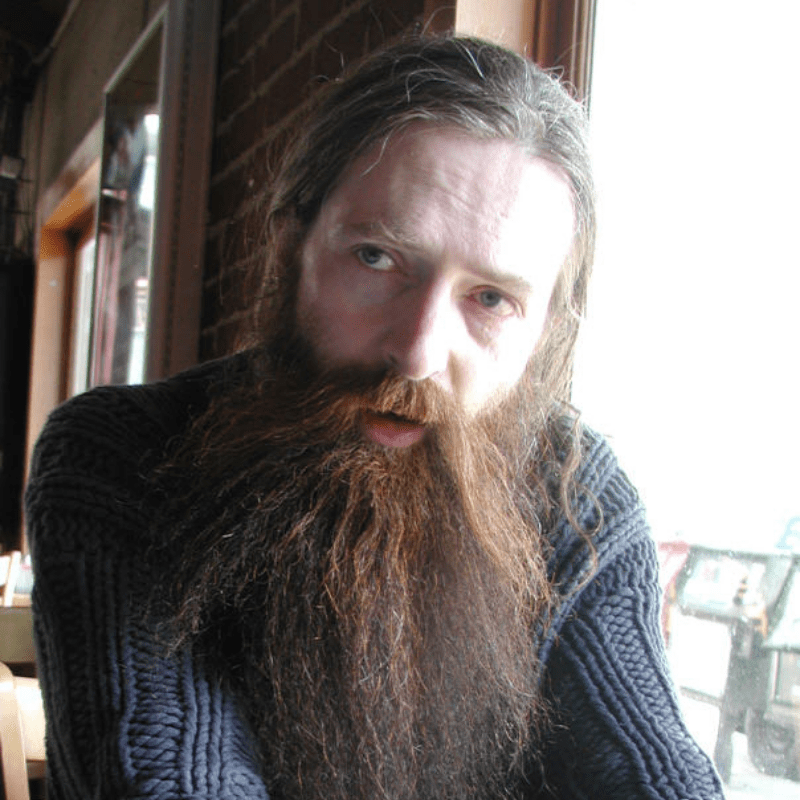
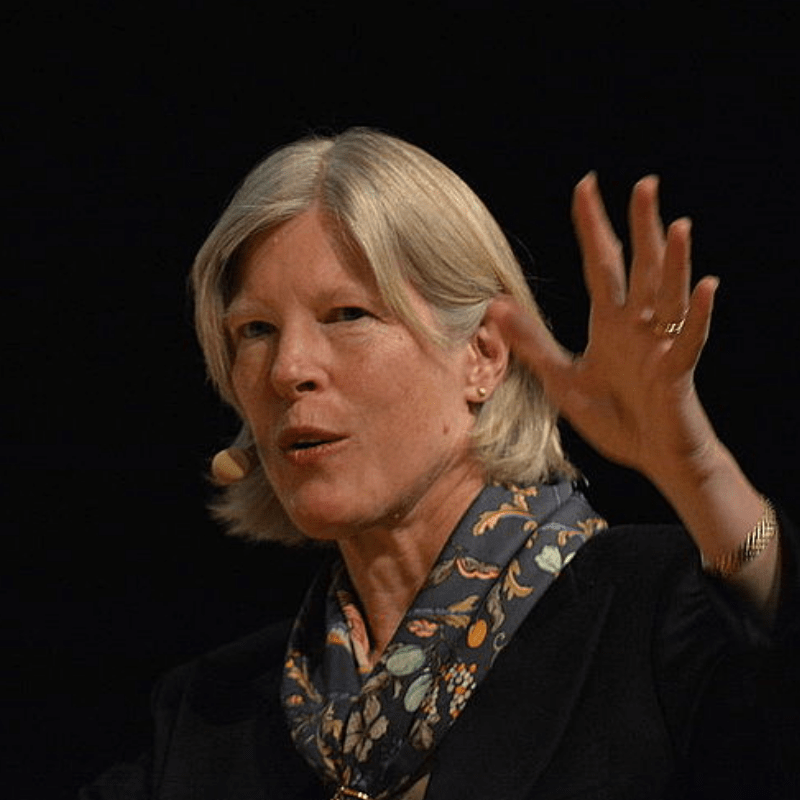
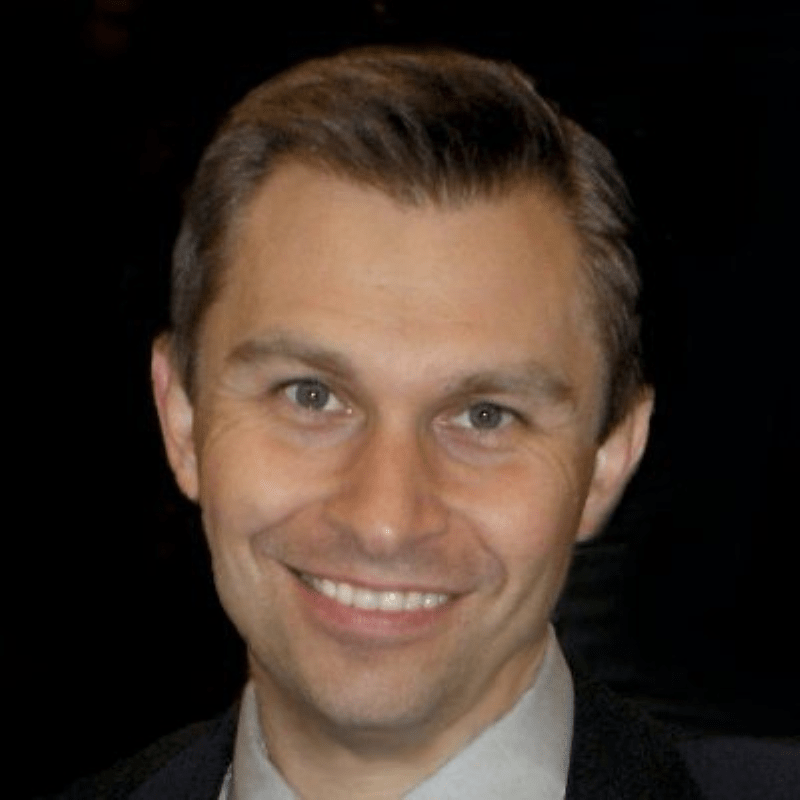
Advanced glycation end products (AGEs) are proteins or lipids that become glycated after exposure to sugars. AGEs are prevalent in the diabetic vasculature and contribute to the development of atherosclerosis. Because of the emerging evidence about the adverse effects of AGEs on the vasculature of patients with diabetes, a number of different therapies to inhibit AGEs are under investigation.
In the 1930s, a study was launched to see if stunted growth rates during the Great Depression might impact lifespan. They tested rats by feeding them less food than they would normally eat. Surprisingly, it made the rats live longer.
Studies in yeast, worms, mice, monkeys, and humans all point to reduced risk factors and many to increased longevity.
Mitochondria have their own DNA (mtDNA), separate from the DNA in the cell’s nucleus, where all the rest of our genes are kept. Mitochondria generate toxic waste products in the process creating energy. The mtDNA is vulnerable, because it is located so close to the center of the energy production. At worst, a free radical “hit” to the mtDNA can eliminate the mitochondria’s ability to make critical proteins. These mutant mitochondria produce little energy, while generating large amounts of waste. The cells dump the waste that their mutant mitochondria generate into the circulation, causing oxidative stress to rise all over the body.
Therapies can be created to put “backup copies” of the mitochondrial genes into the nucleus, where they cannot be damaged by free radicals generated in the mitochondria. That way, even if the original genes in the mitochondrial are deleted, the backup copies will be able to supply the proteins needed to keep normal energy production going. This approach is called allotopic expression of the proteins.
Amyloid is abnormal fibrous, extracellular, proteinaceous deposits found in organs and tissues. The most well-known form is beta-amyloid: the stifling, web-like material that forms plaques in the brains of patients with Alzheimer’s disease, and also (more slowly) in everyone else’s, and impairs cognitive function.
Amyloid-targeting vaccines are currently a hot area of scientific research in the Alzheimer’s disease field: several vaccines targeting beta-amyloid are currently in advanced clinical trials, and others are in various stages of animal research.
The lysosome is a kind of cellular “incinerator” that contains the most powerful enzymes in the cell for breakingb mangled molecules down into manageable pieces. Sometimes these constituents are so badly fused together that not even the lysosome is able to tear them apart. And if something can’t be broken down there’s nowhere else for it to go: it just stays there until either the lysosome disastrously ruptures, or the cell itself is destroyed.
The most direct solution to this problem is to supply lysosomes with new enzymes that can degrade those stubborn wastes. These enzymes exist and there are ways to get them into cells.
Metformin is an FDA-approved drug used successfully to treat diabetes for more than 60 years. Studies have already shown that metformin can delay aging in animals. It may also influence fundamental aging factors that underlie multiple age-related conditions in humans.
In a retrospective 2014 analysis of 78,000 adult type 2 diabetics in their 60s, those who took metformin lived longer, on average, than healthy controls of the same age.
Rapamycin was FDA approved in 1999 to suppress the immunse system for organ transplants. For that purpose patients take 2-3 mg every day.
It was recently shown in 2014 that taking 5mg or 20mg doses once a week actually strengthens the immune system. Other research has shown longevity and increase health in worms, flies, mice, and even dogs.
Rapamycin for longevity: opinion article
Resveratrol is a plant compound that acts like an antioxidant, it's found in grapes, berries, and nuts, and commonly associated with red wine. Scientists at the Harvard Medical School, such as David Sinclair and Konrad Howitz, have shown that resveratrol can increase the lifespan of yeast cells and other species such as worms and fruit flies, however, studies in humans are sparse.
A senolytic is among a class of small molecules that induce death of senescent cells and improve health in humans.
Typical supplement pills are in the 100 mg range, though without proper clinical trials there is no way to know if this dose is beneficial or harmful in humans.
Mayo Clinic overview of senolytic drugs
TBD
TBD
Life is beautiful. It includes spending time with loved ones, learning a new skill, appreciating art, being physically active, connecting with nature, giving and receiving love. Aging at first limits your ability to enjoy a lot of the above, and when you die from old age as everyone eventually does you can no longer experience any of it. No one knows what happens after death, but we know what happens before death and should aim to prolong it.
You are more easily injured, have less stamina and strength, eyes weaken, hearing dulls, joints fail, put on fat more easily, tire faster, hair loses its color and may fall out. Your mind weakens; your memory and ability to learn new things worsen.
If you don’t mind aging yourself, surely you can see others in your life that are not aging well and wish to ease their suffering. Furthermore, losing family members and friends can be the hardest time in one's life. Although we can never prevent death, we should aim to prolong healthy life.
When titans of industry, academia, or the arts pass away a large amount of their knowledge and experience are lost forever. Some of it can be passed to colleagues or be written down, but some is lost forever. Imagine if Isaac Newton, Mozart, Shakespeare, Einstein, Nikola Tesla, Leonardo Da Vinci could have lived much longer lives. Who knows what they could have produced for the good of the world.
A room in a nursing home costs around $100k a year. Medicare spending is more than $644 billion a year in the US. Even informal caregiving of elderly people by friends and relatives in the US comes to $522 billion a year.
The cost of aging is not just captured in the medical and living costs but includes the potential value that is lost due to aging. Imagine a world in which your healthy parents could help with child care instead of having to pay $10,000 a year. Or those that enjoy their careers wouldn’t be forced to retire due to health concerns from aging.
You would not live forever, death itself would not be solved. Ending your own aging would be a choice. If you wanted to age you would be able to stop taking the drugs and therapies and age as you normally would. You may think as a young person that 80 years is enough, but when you’re 75 and starting to get Alzheimer's you may change your mind.
Ending aging means keeping one’s biological age healthy and young regardless of their chronological age (how many years old they are). Ending aging means feeling and looking like a healthy young person regardless of how old you are.
Population growth is mostly influenced by birth rates, not death rates. Birth rates are falling so the global population is growing slower every year. As child mortality continues to drop, women gain more agency in the choice of bearing children, and contraceptives become more available the birth rates will continue to drop.
The increased population due to aging would not be a problem in the foreseeable future. When aging is medically cured women will not longer become infertile and can choose to have children later in life, which will further slow population growth.
A final question to put this myth into context - “why should hypothetical, unconceived people have more worth than my grandparents?”
A drug that is helpful for every human in the world would likely quickly reduce in price because of the economy of scale.
The cost of the drugs and therapies would be much cheaper for a Government than the cost of an aging population due to healthcare and loss of economic contribution. Thus, most or all Governments will subsidize these drugs for their citizens to dramatically reduce their healthcare expenses and to bring baack large amounts of contributors to the economy.
The vast majority of dictators do not die of old age. Even if they did, the method for overthrowing dictators should not be to let billions of people age so that a few tyrants die. Dictators have heart disease and cancer yet we still pursue treatments for these diseases, the same logic follows for solving aging.
If the only two options are intense suffering for years that ends in death, or boredom the choice is clear. If you were to be so bored as to want to die, you could simply stop taking the drugs and therapies that halt your aging.
main reason the elderly can become bored is usually because of limitations on their body, mind, or financial situation. If we were to end aging your body, mind, and financial situation would no longer deteriorate with age. You could continue to enjoy sports, books, art, travel, family, and friends. Furthermore, new forms of entertainment are being created, such as virtual and augmented reality and new forms of media.
Also, travel continues to become faster, easier, and cheaper, and will eventually include trips to low earth orbit, the moon, and even Mars. Finally, letting everyone age because some people might be bored is not a moral solution.
Human progress is not driven by urgency from impending death but for reasons that stem from the economy, competitiveness, survival, security, entertainment, pride, etc. If we look at the past, the doubling of lifespans in the past century has not slowed the rate of progress. Also, if industry experts no longer age and die they can continue advancing their field. Many societal advancements come from a few individuals.
The healthcare system would be radically different, as diseases related to aging would no longer be a cost to the system. In a world where aging is solved there will most likely be other changes to the financial systems of the world. Jobs continue to be taken over by automation which points to an eventual need for universal basic income of some sort. Allowing the suffering and deaths due to aging is not responsible because it would be difficult to figure out a new pension system.
Natural does not mean better. Cancer and smallpox are natural but we are happy to cure these diseases. Cellphones, modern plumbing, airplanes, and dialysis machines are not natural but we wouldn’t want a world without them. Finally, long lives are found in nature, there are 500 year old clams and 400 year old sharks, and jellyfish that biologically do not age.
Ending the biological aspects of aging does not reduce the positive aspects of being old. Gathering experience, knowledge, wisdom, etc. would still occur and would no longer be cut off by diseases due to aging.
The most qualified person for the position should have the job. If that’s an elderly person that no longer has to retire due to aging that is a net benefit for society. New job types and turnover due to sabbatical or career changes would still create new jobs for future generations. However, most jobs will be automated away in the coming decades. Society will certainly have to figure out a system for providing for people who can’t find a job because not enough exist.
Most data points to the world becoming a much better place rather than a worse one. Extreme poverty, hunger, child labor, child mortality, death in childbirth, and homicide rates are falling. Amount of people living in a democracy, years in school, literacy, and access to the internet are all rising.
Humanity can certainly work on many problems at the same time. The fight against global poverty or hunger should not be stopped to pursue ending aging, for example. However, aging accounts for the vast majority of global suffering and death. We are trying to solve other causes of suffering and deaths but spend very little time, money, and energy on ending aging at the moment.
We’ve discovered over the past 10 years that it’s very likely that biological aging can be solved. There is nothing in the research that has pointed to unsolvable facts. In the same way you can maintain a 100 year old car through repeated maintenance the body can be maintained through routine therapies.
Death would not be solved, just aging would be. You would not be immortal. That being said, suffering and death due to aging is not something to celebrate. You do not look at your grandmother in her hospital bed and envy her. You wish for her to feel young and healthy again. Death does not give life meaning, life has meaning in itself.